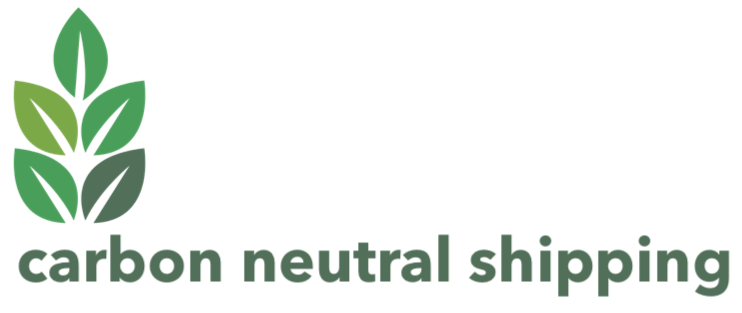Turneo GmbH, a collaborative effort between Hamburg-based Karlsson GmbH and energy service provider EWE, has initiated the production of green hydrogen in Cuxhaven. This development serves as the fuel source for the initial vessel among Wintershall Dea’s Mittelplate fleet of four supply ships.
Operating under the banner of the H2Move project, Turneo successfully launched a 2 MW electrolysis plant on November 15. The primary objective of this facility is to supply hydrogen fuel for Wintershall Dea’s vessel responsible for ferrying personnel and materials between Cuxhaven and the Mittelplate drilling and production island in the North Sea.
In the operational process, the hydrogen generated onshore in Cuxhaven is transported in tank trailers to the Mittelplate ship, Coastal Liberty. This vessel has undergone conversion to accommodate hydrogen hybrid propulsion. Utilizing a fuel cell, the hydrogen undergoes conversion into electricity, subsequently stored in batteries to power the ship’s electric motor.
The future plans for the plant encompass not only the continued production of hydrogen for additional vessels but also the establishment of a hydrogen refueling station in Cuxhaven. This initiative aims to lay the groundwork for onshore hydrogen mobility, according to the collaborative partners involved.
Robert Frimpong, Head of Wintershall Dea Deutschland, emphasized the environmental significance of this joint venture, stating, “We’re reducing our ecological footprint and will be able to sail through the Wadden Sea emission-free and much quieter in the future. Many thanks to all those who paved the way for technological progress with their innovative spirit in this project. Pioneers and initial examples of concrete applications are laying the foundations for a climate-friendly future.”
Echoing the sentiment, Lower Saxony’s Economy Minister Olaf Lies highlighted the necessity of investing in the hydrogen economy, emphasizing the importance of reliable producers and buyers. He commended Turneo, EWE, and Wintershall Dea as innovative companies at the forefront of shaping the transition towards renewable energy sources.
In support of this growing hydrogen economy, Germany has passed a draft law outlining regulations for financing the core network. Transmission system operators (TSOs) have submitted a draft application, identifying key locations across the country to be connected by 2032, marking a significant step in advancing Germany’s commitment to hydrogen development.

